Cashew nuts are one of the Vietnamese products favored by the Swedish market, but this is also a market with many demands on product quality.
Coop Sweden recalls cashews, Trade Office urgently recommends exporting enterprises
Speaking to reporters of the Industry and Trade Newspaper on the morning of December 5, Ms. Nguyen Thi Hoang Thuy - Director, Head of the Vietnam Trade Office in Sweden, concurrently in charge of the Northern European market, said that recently, Coop supermarket - one of the largest retailers in Sweden has announced the recall of two types of cashew nuts under the X-tra brand due to concerns that they may contain small pieces of glass that could be dangerous to consumers' health. These two types of cashew nuts include natural X-tra cashew nuts and salted roasted X-tra cashew nuts. Coop has stopped selling the affected products and asked customers to return the goods or invoices for a refund.
Cashew nuts are one of the export products favored by the Swedish market. The reason is that people in this country always pay attention to a healthy diet associated with environmental protection. Therefore, nuts, including cashew nuts, are a healthy snack source that is increasingly consumed.
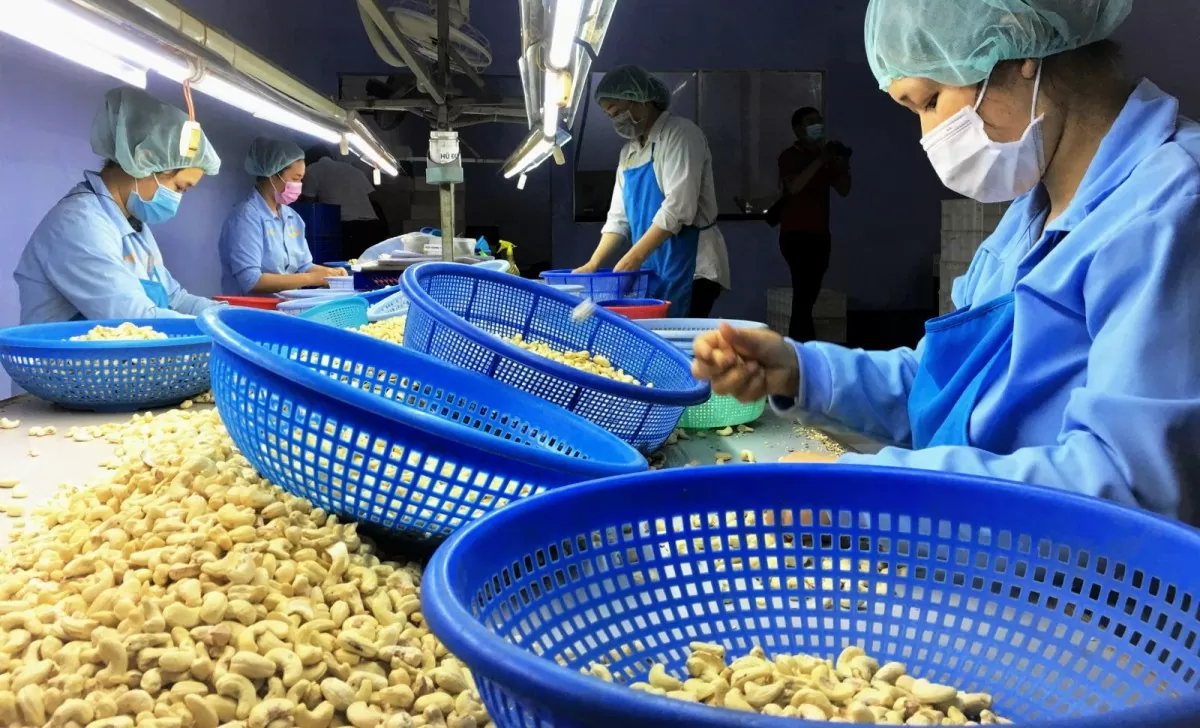 |
| Vietnamese cashew nuts are popular in the Swedish market (Photo: VNA) |
Additionally, consumers in this region are interested in vegan diets, so the consumption of nuts and beverages made from edible nuts (nut milks) is increasing, because consumers have to meet their protein needs and address lactose intolerance without animal protein.
Vietnam is one of the world's leading cashew nut producing countries. In recent years, Vietnam's cashew nut export turnover has always maintained its number one position in the world, with a value of about 3 billion USD/year. In Sweden, Vietnam is the largest cashew nut supplier to this market with a turnover of about 7 million USD/year, a market share of over 46%.
Ms. Nguyen Thi Hoang Thuy said: "Although the products are banned by Coop Sweden, The recall did not come from Vietnam, but with Vietnamese cashew nuts being very popular in the Swedish market, this incident is an important warning for Vietnamese export enterprises to comply with international quality regulations. Because the Swedish and EU markets have very high requirements for food quality and safety. Even a small mistake can lead to product recall and cause great damage."
If a product recall occurs, it will have a huge impact on the business's operations by reducing the business's reputation in the international market. In addition, it will affect the general image of Vietnamese goods in the eyes of foreign consumers, especially in demanding markets such as Europe.
Therefore, businesses need to strengthen quality control; carefully review production, processing and packaging processes. Apply modern inspection measures to ensure that products do not contain foreign objects or any other potentially dangerous elements.
In case of an incident, it is necessary to quickly coordinate with partners and management agencies to handle and minimize the impact on image and reputation.
“The Coop incident is an important reminder that just one infringing product can damage not only the business but also the image of Vietnamese goods. Exporting enterprises need to ensure quality to maintain trust from the international market and contribute to enhancing the reputation of Vietnamese brands globally,” Ms. Nguyen Thi Hoang Thuy emphasized.
Focus on food safety when exporting cashew nuts to Sweden
According to Ms. Nguyen Thi Hoang Thuy, to export cashew nuts to Sweden in particular and the Nordic countries in general, it is necessary to comply with the strict requirements of the EU. For a full overview of these standards, you can refer to the specific requirements on the European Commission's Access2Markets website. The HS code of cashew nuts is 0801.
First of all, cashews are a food product and therefore must comply with the European General Food Law (EC) 178/2022, and the General Food Hygiene Regulation (EU) 2017/625. Food safety is a key issue in the European market in general and in Northern Europe in particular. If you want to export to Europe, cashew products must comply with the provisions of European food safety legislation. These laws aim to ensure the quality of food throughout the entire supply chain. All food products, including cashews, sold in the countries of the European Union (EU), the European Free Trade Association (EFTA) and the United Kingdom must be safe. This also applies to imported products. Only approved additives are allowed. Food products must comply with maximum levels for harmful contaminants, such as bacteria, viruses, pesticide residues and heavy metals.
Regarding this regulation, the Trade Office said that although food safety certification is not mandatory under European law, it has become mandatory for most European food importers. Most established importers in Europe will not work with you if you cannot provide some kind of food safety certification.
Most European buyers will require certification recognized by the Global Food Safety Initiative (GFSI). For cashews, the most common certification schemes, all of which are recognized by the GFSI, are: International Standard (IFS); British Retail Consortium Global Standard (BRCGS); Food Safety System Certification (FSSC 22000); Safe Quality Food Certification (SQF).
The Vietnam Trade Office in Sweden recommends that businesses ensure they check which certificates are currently recognised under the latest version of the GFSI benchmarking requirements.
“The food certification system is constantly evolving. The EU, UK and EFTA generally recognise the same food safety standards and certifications due to mutual recognition agreements, so there are no major differences in their requirements. However, certain retailers may prefer one certification over another or require additional certifications based on their own internal policies,” said Nguyen Thi Hoang Thuy.
In addition, businesses should also note that labeling must clearly state whether the food contains an allergen or not. Research shows that cashews are a strong allergen, causing severe allergic reactions that last longer than other food allergies. According to recent research, clinical reactions to cashews can be severe, including anaphylaxis.
Certain plants and plant products entering the EU require a phytosanitary certificate. A phytosanitary certificate is required for the import of certain cashew nuts into the EU from third countries, other than Switzerland. This applies in particular to cashew nuts, whole, fresh, in shell, according to Regulation (EU) 2019/2072.
If so, the additive must be approved by the European safety authority. The additive must meet the specifications laid down in Regulation (EU) No 231/2012. The list of approved food additives can be found in Annex II to Regulation (EC) No 1333/2008. The label must clearly indicate to the consumer whether the product contains cashews, as they may cause severe allergic reactions.
In addition, food contaminants are unwanted and harmful substances in food that can cause illness. The EU places strict controls on contaminants in food, especially aflatoxins, under Regulation (EU) 2023/915 on maximum levels for certain contaminants in food. This regulation comes into force on 25 May 2023. Annex I contains the maximum allowable levels for the regulated contaminants.
The European Union has established maximum residue levels (MRLs) for pesticides in and on food products. The European Union regularly publishes a list of pesticides that have been approved and permitted for use in the European Union. This list is regularly updated. In 2022, the European Commission approved 27 new implementing regulations that have modified this list through new approvals, extensions, amendments or restrictions.
Commission Regulation (EU) 2020/749 sets a maximum allowable level of chlorate of 0.1 for all nuts including cashews. Chlorate is not a typical pesticide during cashew production but it can come into contact with cashews through the use of chlorinated water and chlorine-containing detergents. Therefore, cashew exporters must control the use of water and detergents in their production facilities.
For heavy metals, Regulation (EU) 2023/915 sets a maximum cadmium level for cashew nuts (and all other tree nuts except pine nuts) of 0.20 mg/kg wet weight. The maximum level does not apply to nuts used for crushing and refining, provided that the remaining crushed nuts are not placed on the market for human consumption.
Source: https://congthuong.vn/xuat-khau-hat-dieu-sang-thuy-dien-thuong-vu-khuyen-cao-gi-cho-doanh-nghiep-362593.html




![[Photo] President Luong Cuong attends the inauguration of the international container port in Hai Phong](https://vphoto.vietnam.vn/thumb/1200x675/vietnam/resource/IMAGE/2025/5/13/9544c01a03e241fdadb6f9708e1c0b65)
![[Photo] Prime Minister Pham Minh Chinh receives Ambassador of the French Republic to Vietnam Olivier Brochet](https://vphoto.vietnam.vn/thumb/1200x675/vietnam/resource/IMAGE/2025/5/13/f5441496fa4a456abf47c8c747d2fe92)

![[Photo] Many people in Hanoi welcome Buddha's relics to Quan Su Pagoda](https://vphoto.vietnam.vn/thumb/1200x675/vietnam/resource/IMAGE/2025/5/13/3e93a7303e1d4d98b6a65e64be57e870)
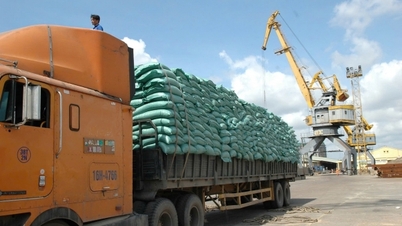
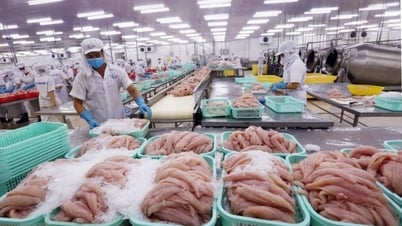





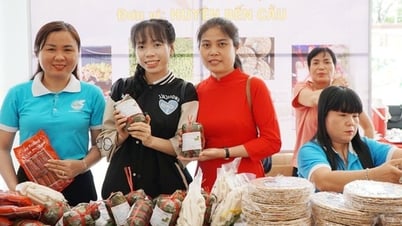
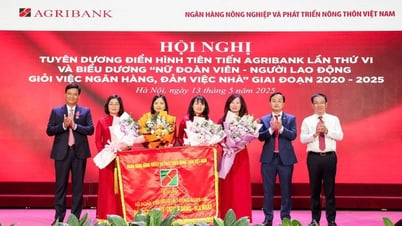
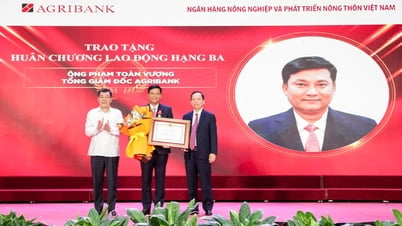

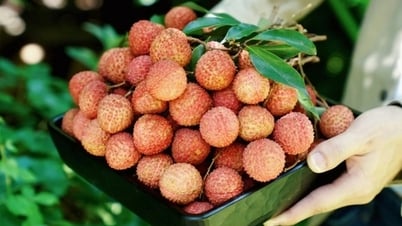






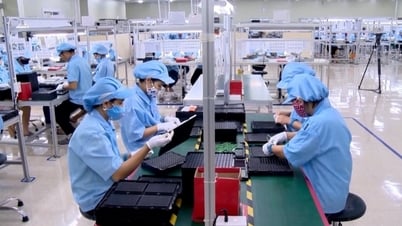
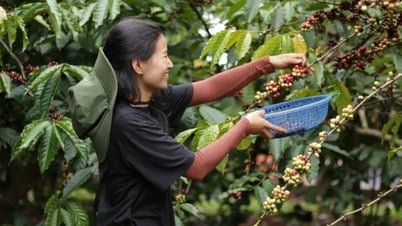
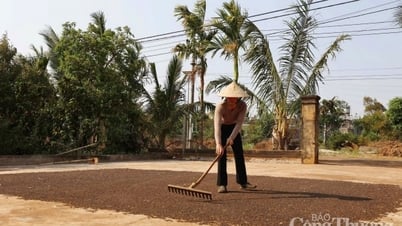
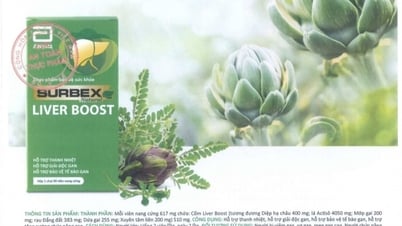

















































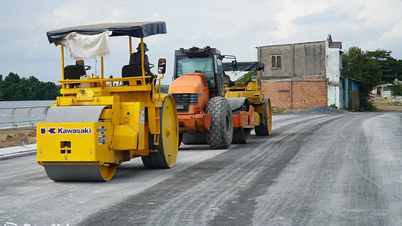



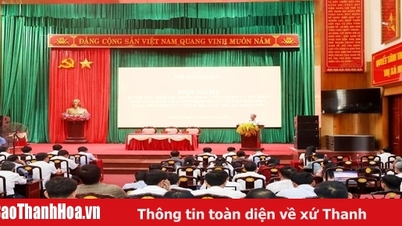

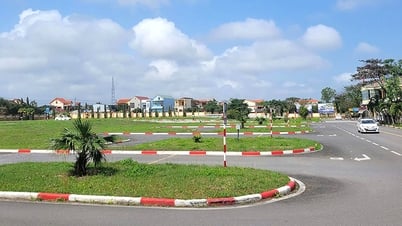














Comment (0)